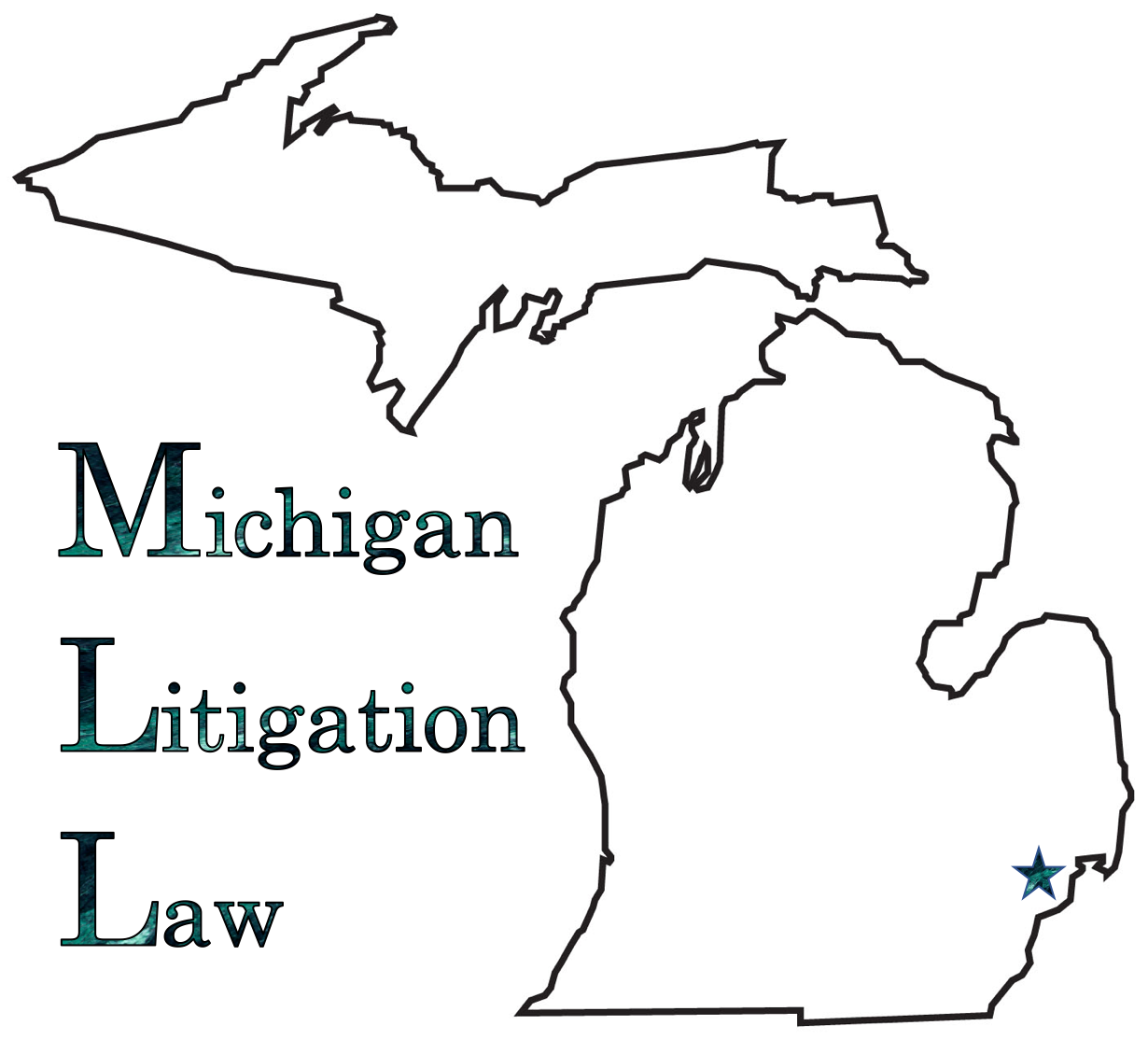U.S. Supreme Court won't hear Michigan gym's case over COVID-19 losses
The U.S. Supreme Court on June 2 declined to take up the case of an Alma gymnasium that sued the state of Michigan, arguing that it should be compensated for the months it was forced to be closed by Gov. Gretchen Whitmer's stay-at-home orders during the COVID-19 pandemic.
The Supreme Court denied a request to take up the case without comment.
Randy Clark and his wife, Yvette Franco-Clark, who own and operate The Gym 24/7 Fitness in Alma sued the state in 2020 over an order by Whitmer that closed gyms and certain other businesses to protect the public from the health emergency caused by COVID-19 in March of that year that remained in place for six months.
The gym owners didn't question the governor's right to issue the order but sought compensation because of what they argued was the "economic devastation" it caused their business, saying it amounted to an "unconstitutional taking" of their property.
The state Court of Claims denied a request to dismiss the case, saying Whitmer's office had failed to produce evidence that the closure was necessary, but the state Court of Appeals reversed that ruling. The state Supreme Court then declined to take up the case.
Lawyers for the gym owners had urged the U.S. Supreme Court to reconsider the case, claiming that the state court never adequately considered the economic burden placed on their business and arguing that the rules for when a state action rises to the level of one that justifies compensation for a business are too vague. The state Attorney General's Office, representing the state, said the closure — without compensation — was justified given the "staggering rates of death and life-threatening illness" and officials' efforts to protect public safety.
More than 40,000 people died of COVID-19 in less than three years in Michigan, according to state records in late 2022.

